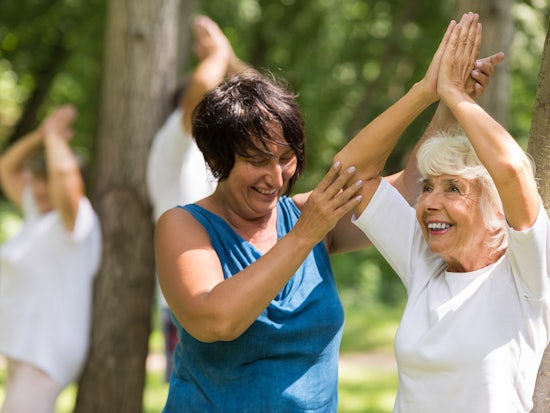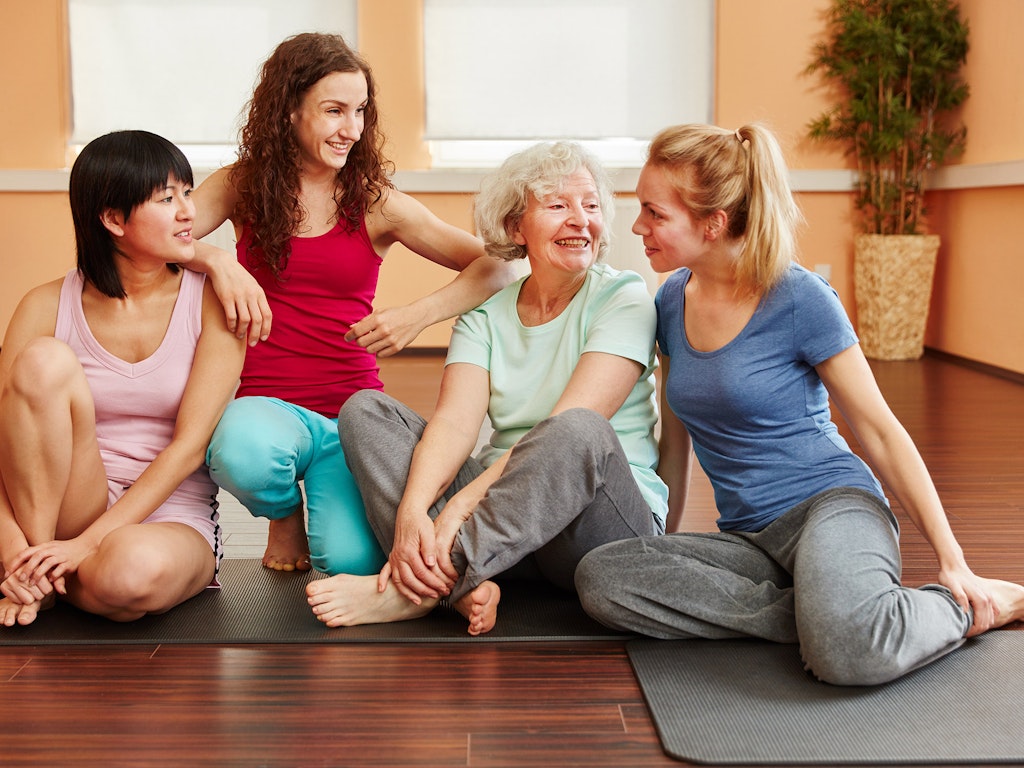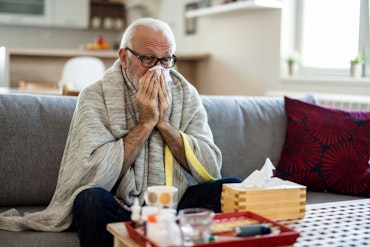Age at the heart of Women’s Health Week research
The differing health needs, concerns and questions of Australian women have been highlighted through a recent survey conducted by Jean Hailes for Women’s Health as part of Women’s Health Week 2017.

Australian asked to put themselves first during Women’s Health Week (Source: Shutterstock)
Running from 4-8 September, Women’s Health Week is an annual health event that aims to see women of all ages take the time to put themselves first, just for one week, and start making positive changes.
The survey, directed by Dr Helen Brown, Head of Translation, Education and Communication Unit for Jean Hailes for Women’s Health, included responses from more than 10,000 women aged 18 to over 80, and found that the health concerns and information delivery preference differed for women aged over 50 – who favoured non-online methods for information delivery.
As a result of the variations in needs and concerns for women in different life stages, the study suggests a need for tailoring of information and delivery across life stages.
“[The different health concerns and information delivery] was expected.” Dr Brown says.
“Other research tells us the same, that specific ‘transition times’ in our lives are associated with different things.
“For example, [in the age bracket] 45-55 is a specific transition time where most women will move through menopause, which is associated with different health issues, in a good and bad way.”
As for the difference in preference for information delivery, Dr Brown suggests this could be related to trust of information.
“Older women wanted more face to face contact, which is typical as social connectedness is really important,” she explains.
“Younger people use social media to connect, but older ages would rather talk.”
In terms of health, the results state, “as expected, 51-65 year olds reported having mammograms and/or breast cancer screening within the last 5 years, pap smears were most commonly undertaken in women under the age of 65. Whilst blood pressure was the most common health check among women aged 80 years or older”.
The survey also indicated that the most requested health topic information for women aged over 50 were best practice for sleep, use of natural therapies and menopause.

“According to the survey, women 50+ say they should be talking about menopause, breast health, bone health and gut/bowel health,” Dr Brown explains. “When we split the data for age groups for what the most common health checks were, the 50+ were good for mammograms and bowel cancer checks, but not so good for STI checks.”
While cancer was highlighted in the survey as a major health concern for women, Dr Brown was ‘interested’ to see that women did not recognise cardiovascular disease as a concern, despite it being a major cause of mortality in women in Australia.
She adds that despite not listing cardiovascular disease as a major concern, the women involved in the survey were able to identify several of the modifiable risk factors associated with cardiovascular disease.
“Interestingly, cardiovascular disease risk factor measures such as cholesterol, blood glucose and blood pressure were good – skin checks for skin cancers, were still low,” she explains.
Overall, through the survey, women in Australia have “identified several key areas for future focus”, including the need for support for behaviour change where required.
“Good health is a lifelong commitment,” Dr Brown says.
“It’s also never too late to make positive, healthy changes.
“Women’s Health Week is a great opportunity for women of all ages to think about their state of health and if there are small, positive changes they can make.
“It’s also a great opportunity for women to talk to their older friends or relatives to see if they need support in making positive change.
“The research shows that having the support of people around you can really help you make effective changes.”
Find out more about Women’s Health Week and view the full report online.











![The new Aged Care Act exposure draft is slated for release in December of 2023, but advocates hope to see it rolled out on January 1, 2024. [Source: Shutterstock]](https://agedcareguide-assets.imgix.net/news/articles/wp/agedcareact__0811.jpg?fm=pjpg&w=520&format=auto&q=65)












Comments